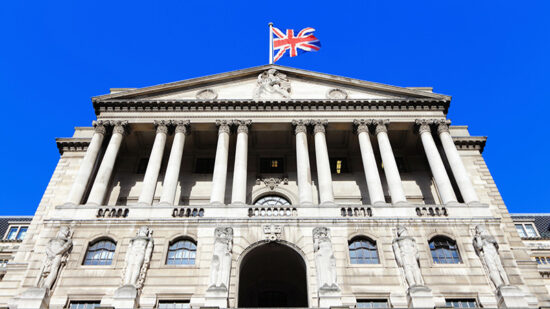In presenting his Autumn Statement to Parliament today, Osborne surprised some observers by saying the deficit would continue to fall, although he noted that it would take longer than originally planned, and added: "The message is that we are making progress. It’s a hard road, but we’re getting there."
He prefaced his remarks by noting that the government’s economic forecasts for 2012 and 2013 had been cut by the Office for Budget Responsibility, with this year ending down 0.1% rather than up 0.8%, as had been predicted in March, and grow by just 1.2% next year rather than 2%.
Throughout his presentation, the Chancellor stresssed that to the extent that it was possible to do it fairly, wealthier individuals would be asked to bear a greater burden of the job of repairing Britain’s finances. "Those with the most should contribute the most, and they will," he said.
Pension contribution tax relief
The cut in the tax relief for the largest pension contributions, to take effect from 2014-2015, had been widely expected, as was Osborne’s argument for it, that it would affect only a small number of wealthy individuals, since "99% of pension savers make annual contributions to their pensions of less than £40,000", and "the average contribution to a pension is just £6,000 a year".
Currently, the annual allowance is £50,000 and the lifetime allowance is £1.5m, but Osborne has cut these to £40,000 and £1.25m from 2014-2015. By making these cuts the Government will, Osborne said, save £1bn a year.
Also widely expected had been his announcement of plans to crack down on tax avoidance, by targeting those who "iillegally evade their taxes, or use aggressive tax avoidance in order not to pay their fair share", by closing "hundreds of millions of pounds of tax loopholes" and increasing, "by around 2,500 the number of tax inspectors going after evaders and avoiders".
Noting that "there are still too many who illegally evade their taxes, or use aggressive tax avoidance in order not to pay their fair share," Osborne said the Government would introduce its "first-ever" General Anti-Abuse Rule, spare HM Revenue & Customsthe budget cuts it is forcing on all the other departments, and increase spending on tax avoidance by £77m.
Corporation tax is to fall, however, by a further 1% to 21% from April 2014.
Saying that he wanted Britain "to have the most competitive business tax regime of any major economy in the world", Osborne noted that this new rate compared with a 40% rate in the US, 33% rate in France, and 29% rate in Germany, and would give the UK "the lowest rate of any major western economy".
Banks will benefit slightly less from this reduction than other businesses, however, he added, as the rate of the so-called bank levy is to increase to 0.13% from 1 Jan 2013.
This, he said, would ensure that banks made "a fair contribution" while also reflecting "the risks they pose to the financial system and the wider economy".
To view and download the Autumn Statement, click here. To view a transcript of Osborne’s address to Parliament, click here.
Editor’s note: Watch out for further analysis of George Osborne’s Autumn Statement from International Adviser over the next few days








